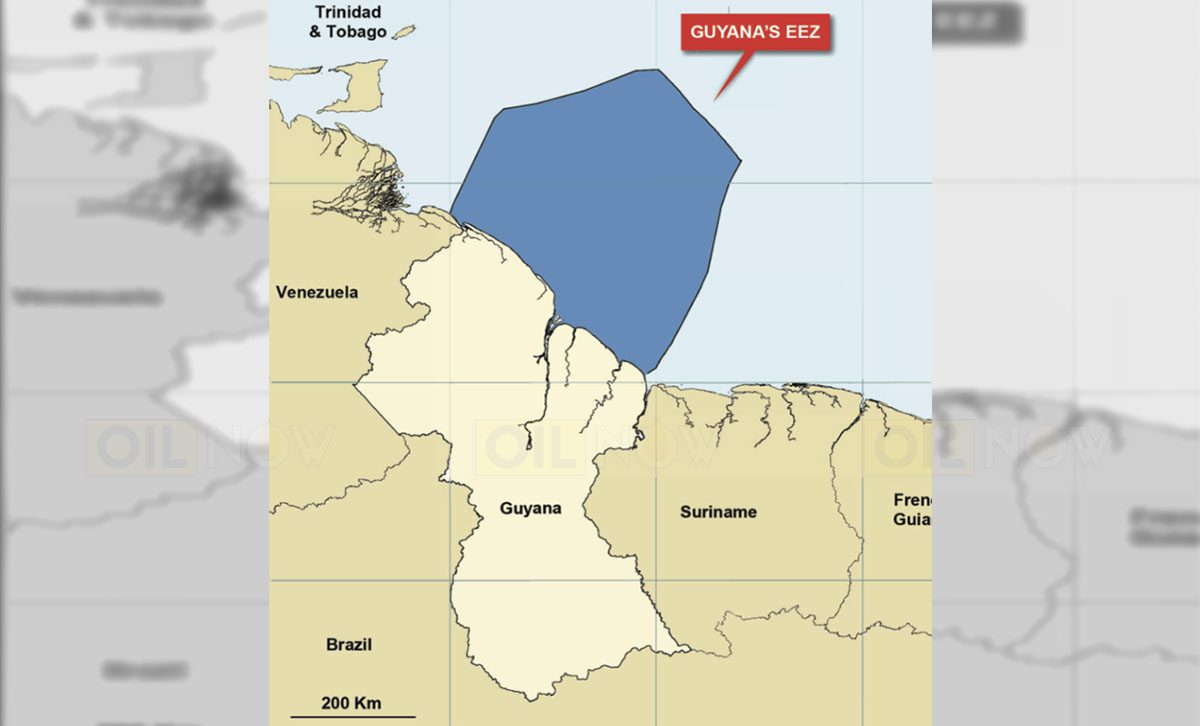The International Court of Justice (ICJ) ruled that Venezuela shall refrain from actions that would compromise Guyana’s administration and control of the Essequibo territory. The ruling was made in response to Guyana’s request for measures to block questions from Venezuela’s December 3 referendum.
In its judgment, read by President Joan E. Donoghue, the World Court unanimously granted the following provisional measures to Guyana:
- “Pending a final decision in the case [on the validity of the 1899 Arbitral Award], the Bolivarian Republic of Venezuela shall refrain from taking any action, which would modify the situation that currently prevails in the territory in dispute, whereby the Cooperative Republic of Guyana administers and exercises control over that area.”
- “Both parties shall refrain from any action which might aggravated or extend the dispute before the Court or make it more difficult to resolve.”
The Court did not grant the first three measures sought by Guyana, which would have dealt specifically with Venezuela’s planned referendum. However, the issued measures generally coincide with the fourth and fifth measures Guyana sought, which concern the control of the territory in question and potential aggravation of the dispute.
In making considerations, the World Court determined that Guyana’s right to sovereignty over the Essequibo is plausible since it was awarded to it in 1899.
The World Court also determined that there is a link to the rights claimed by Guyana and the provisional measures requested by it which sought to ensure that Venezuela “does not take any actions that are intended to prepare or allow for the exercise of sovereignty or de facto control of any territory” awarded to Guyana.
The World Court determined too that it has the power to grant provisional measures when irreparable prejudice could be caused to the rights under judicial proceedings or when the alleged disregard of such rights may entail irreparable consequences.
That power was exercised due to the urgency of the matter.
President Donoghue cited the fifth question in Venezuela’s referendum which speaks to the creation of the Guyana Essequibo state, as well as the granting of identification cards and citizenship to Venezuelans occupying the land. She also cited Venezuela’s arguments to the Court that it will not “turn its back on what the people decide” in the referendum. Additionally, the Court considered utterances by Venezuela’s Defence Minister, Vladimir Padrino Lopez who appealed to “go to combat” for the Essequibo and steps taken by Venezuela to build an airstrip to serve as a “logistical support point for the link to the integral development of the Essequibo.”
Guyana’s official request was filed on October 30, for the provisional ICJ measures, in the case concerning the Arbitral Award of 3 October 1899 (Guyana v. Venezuela), as outlined in Article 41 of the Court’s Statute.
The ICJ has affirmed its jurisdiction twice to address the controversy between Venezuela and Guyana, offering the potential for a final, binding, and equitable settlement under international law. But despite participating in the ICJ proceedings, Venezuela has been attempting to deviate from the process.
Maduro, in September, proposed to meet directly with President Irfaan Ali to resume the 1966 Geneva Agreement, as Venezuela ramped up its aggressive posturing because of Guyana’s offshore licensing round. That included increased military activities and troop mobilization by Venezuelan forces in proximity to Guyana’s borders. And more recently, Venezuela’s upcoming referendum to take over the Essequibo region.




